The European seed industry is considered the most diverse in the world. Plant breeders help maintain Europe's biodiversity and ensure a plentiful food supply, but their jobs are under threat from the patent industry.
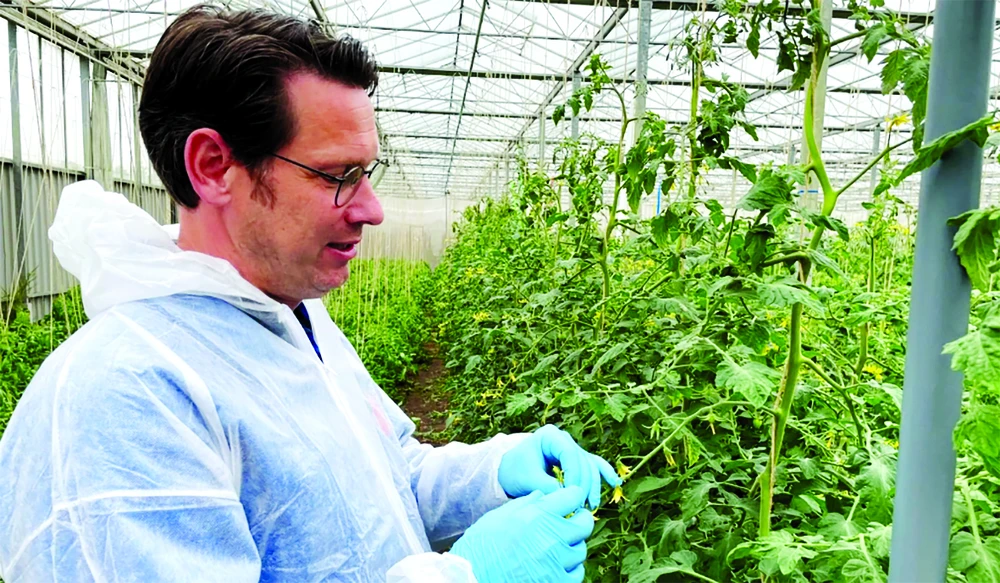
Copyright evasion war
Although patenting plants is illegal in the European Union (EU), plants created using technological means are classified as technical innovations and can therefore still be patented. This means that small-scale breeders can no longer freely grow these seeds or use them for research purposes without paying a licensing fee.
Around 1,200 naturally bred seeds have been patented across Europe, as agrochemical companies claim to have created them through technical innovation. The European Patent Office (EPO) is known to be the main source of these patents. The EPO covers 39 countries, beyond the 27 EU member states. The EPO will manage the approval of European patents through a centralised process. The result is that with centralised control over seeds, genetic diversity will be reduced, as small and medium-sized breeders have less genetic material to work with. This could lead to reduced resilience to climate disasters and disruptions to food supplies.
Frans Carree, an organic breeder at Dutch company De Bolster, is trying to develop a tomato that is resistant to the virus that causes brown fruit disease. But his efforts are being hampered by dozens of patent applications for resistance from multinationals such as BASF, Bayer and Syngenta. Although the patents have not yet been granted, they create legal uncertainty and make it difficult for F. Carree’s investment to pay off. For years, small breeders, farmers’ groups and environmental organizations have warned that more and more biomaterials are being privatized through patents.
In response, in 2017, the European Commission (EC) issued an interpretation of the 1998 Biotechnology Directive, stating that “products obtained by essentially biological processes” are not patentable. The EPO has since followed the commission’s interpretation and banned patents on conventionally bred plants, a decision welcomed by breeders and farmers.
In danger there is opportunity
The challenge of combating or circumventing patented seed traits adds to the already difficult problems facing farmers, but it is also one of the factors driving farmers to seek new ways of doing things, particularly organic farming. Organic farming is more efficient than conventional farming in some areas, especially when it comes to keeping soil fertile, accumulating nutrients or avoiding the harmful effects of artificial fertilisers as much as possible. In England and Wales, organic farming of cereals, fruit and vegetables would directly reduce greenhouse gas emissions by 20%, and emissions from livestock would fall by around 4%.
Agricultural businesses in Europe need support from both national and EU budgets. The Common Agricultural Policy is the largest item in the EU budget. Every seven years, EU countries renegotiate how they want to support their farmers. Farmers say the subsidies are extremely important, especially during extreme weather. The average annual profit of a German agricultural business is 115,000 euros, but it fluctuates, sometimes dropping to just 20,000 euros due to rising costs, disease risks, weather, etc.
More and more farms in Germany are operating organically. In 2023, according to the Federal Statistical Office, about one in ten farms in Germany - about 28,700 - were operating organically. According to statisticians, the area under organic farming in Germany has increased particularly strongly. While in 2020 there were 1.6 million hectares, the area has recently increased to 1.85 million hectares. Compared to Germany's total agricultural area of 16.6 million hectares, the share of organic farming has increased from 9.6 to 11.2%. The number of organic farms in livestock farming also increased by 11% to about 19,200 farms between 2020 and 2023.
VIET ANH synthesis
Source: https://www.sggp.org.vn/chau-au-doi-mat-thach-thuc-ban-quyen-hat-giong-post756793.html






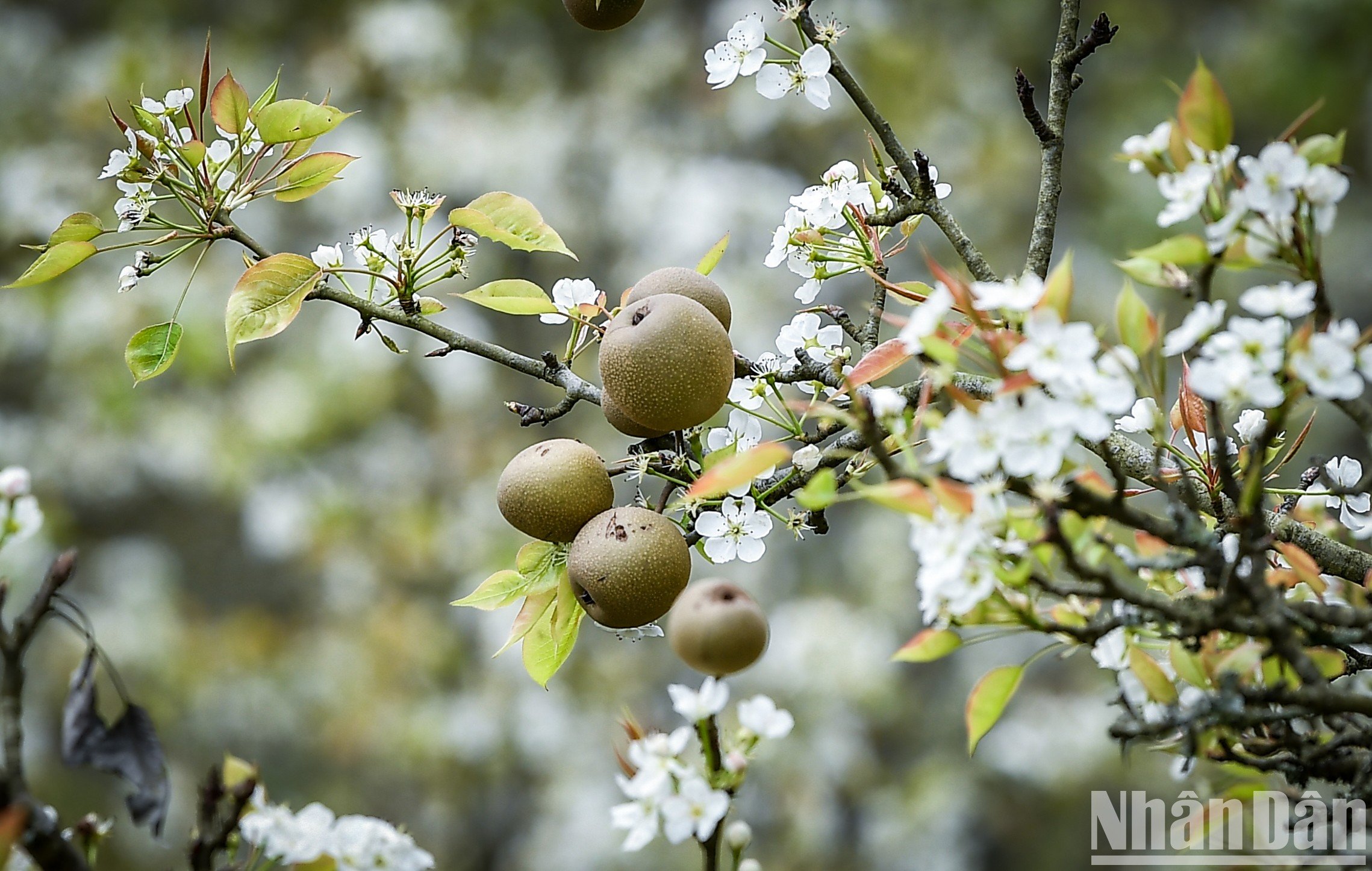

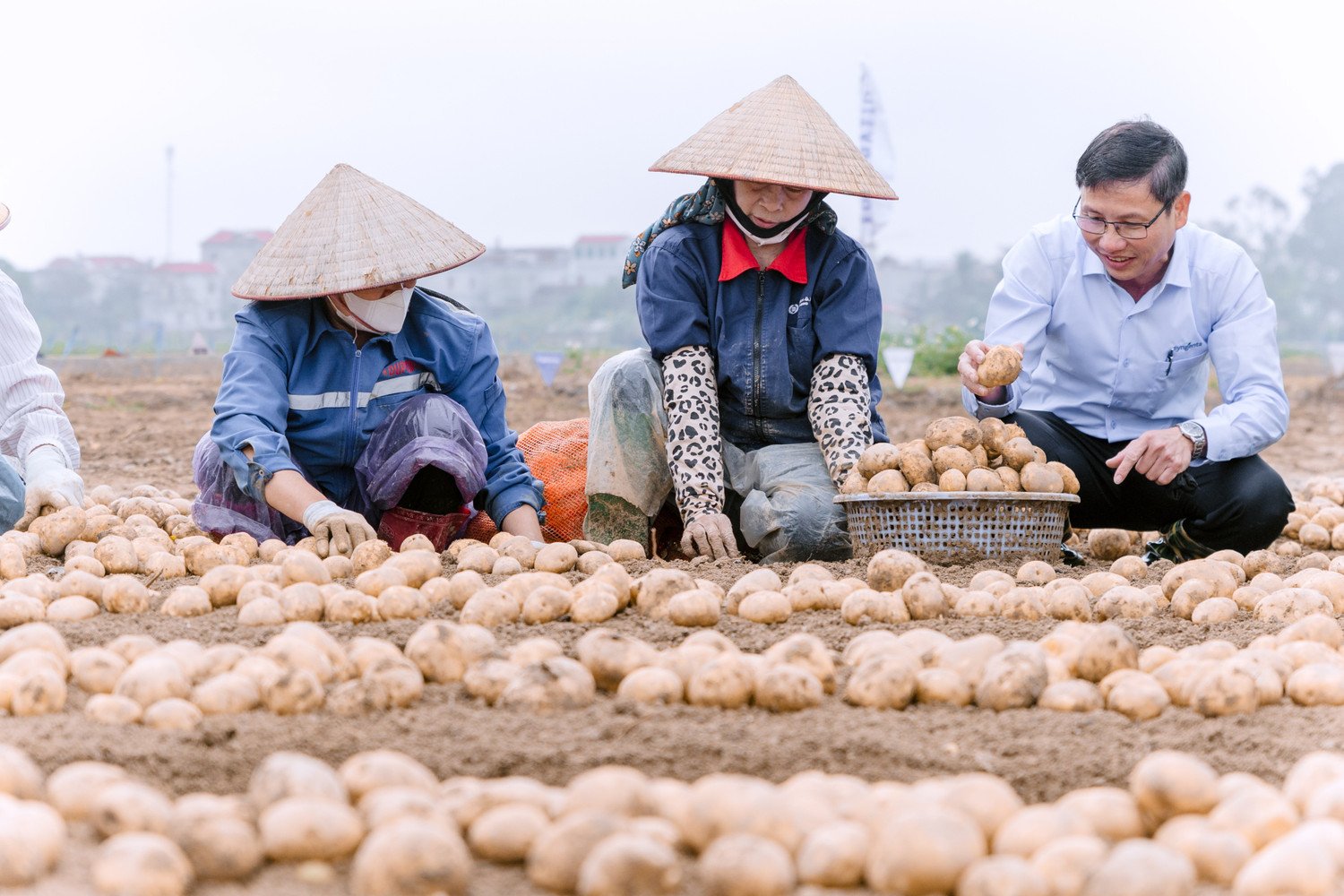

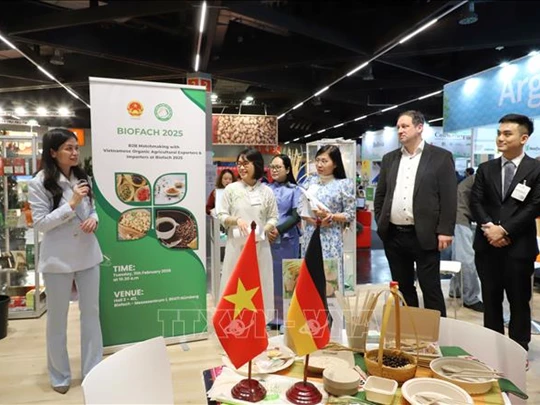

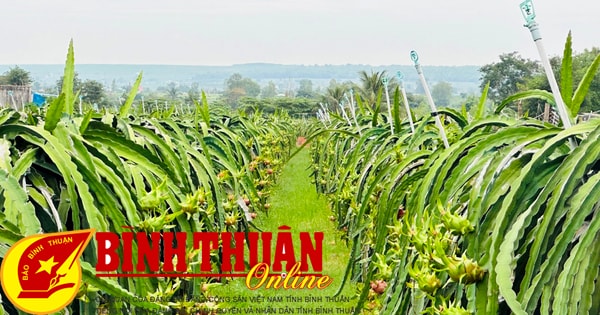

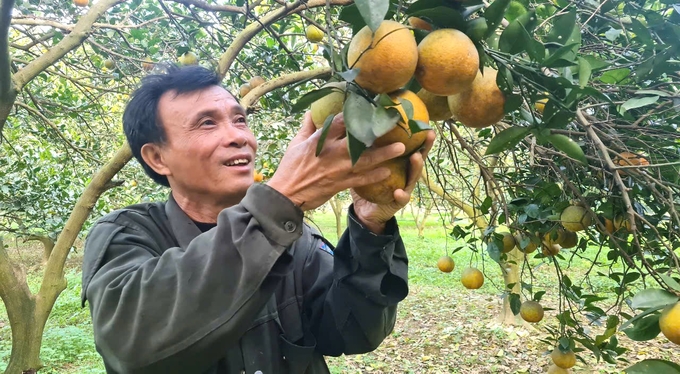


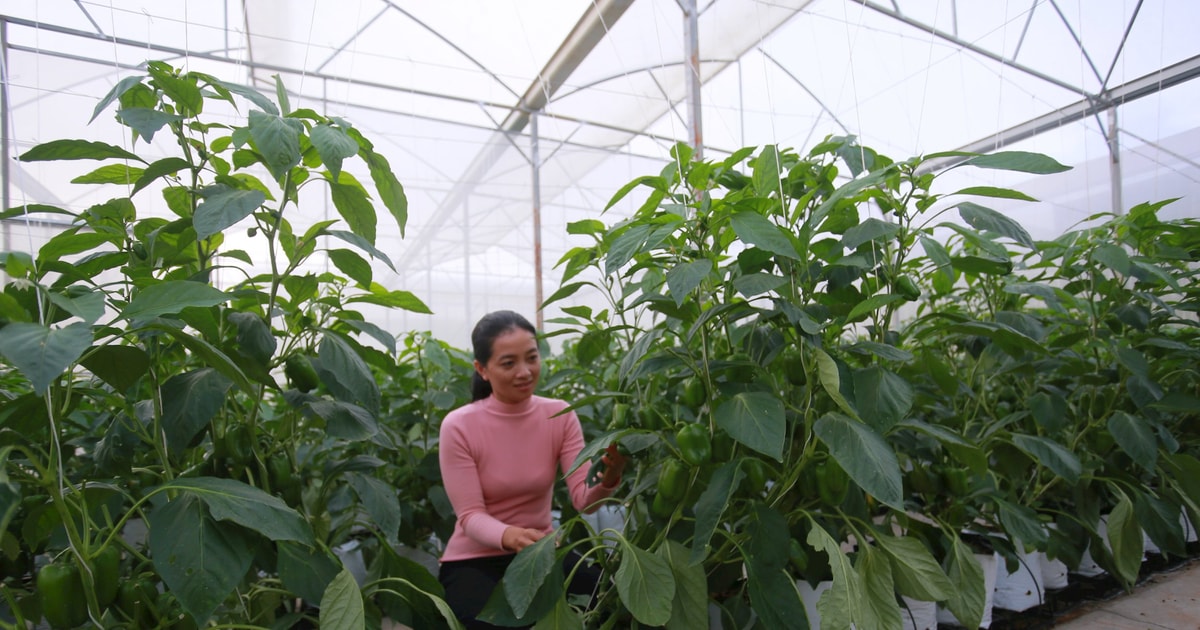
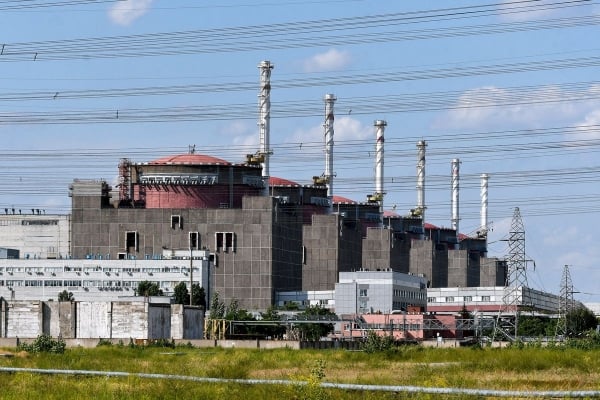

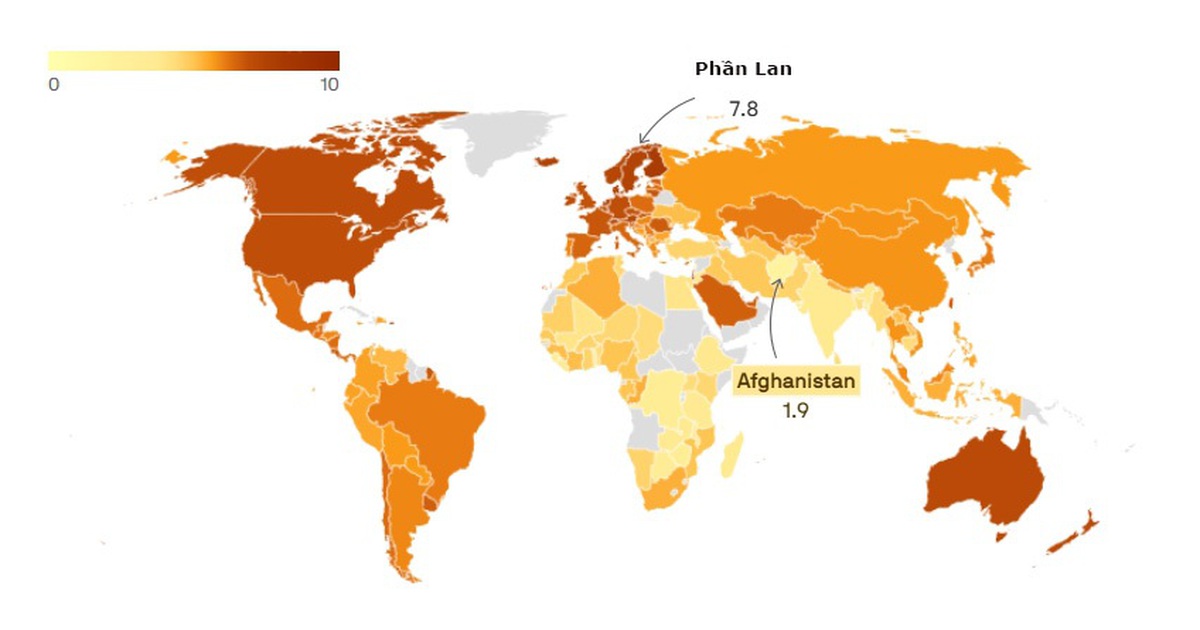












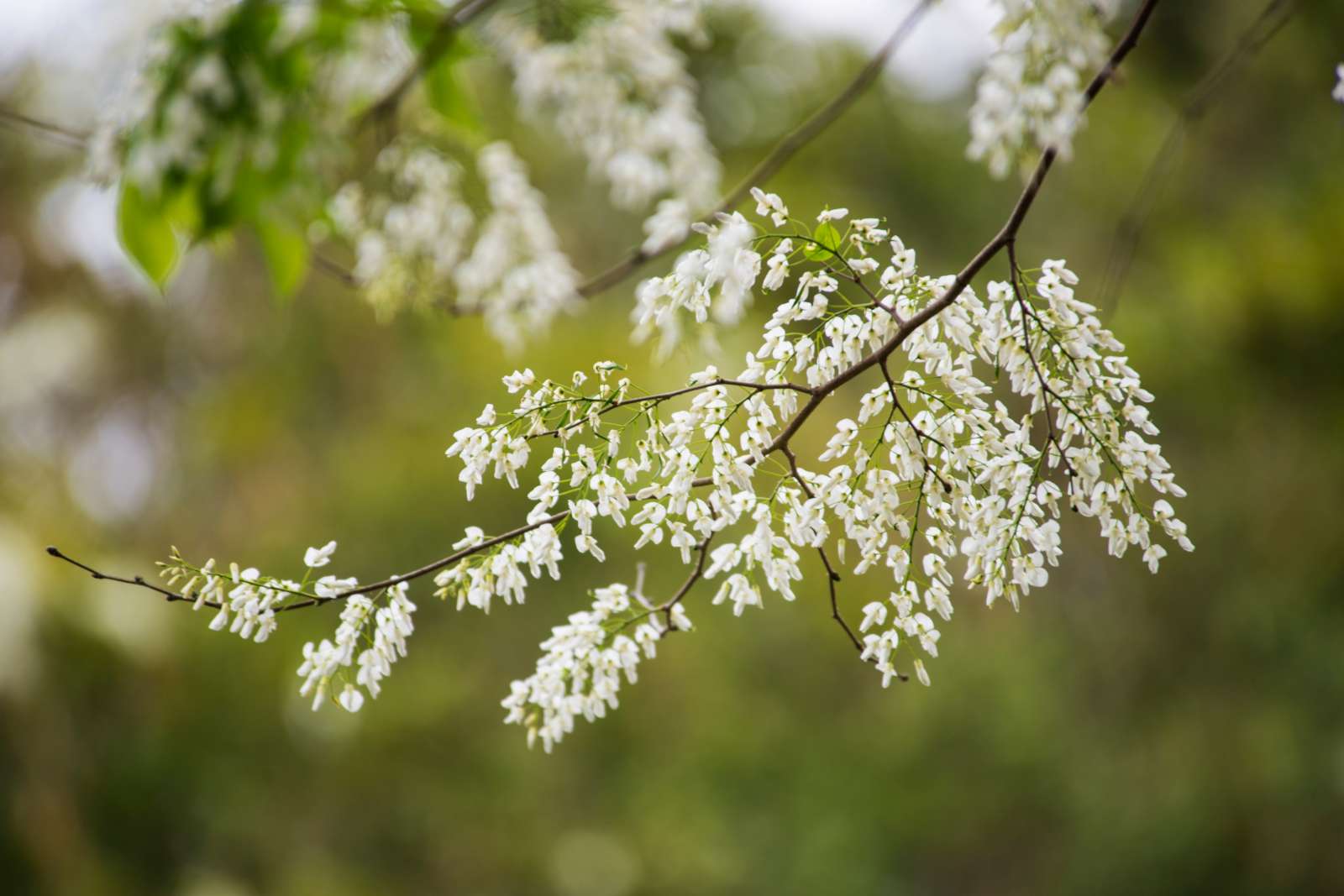




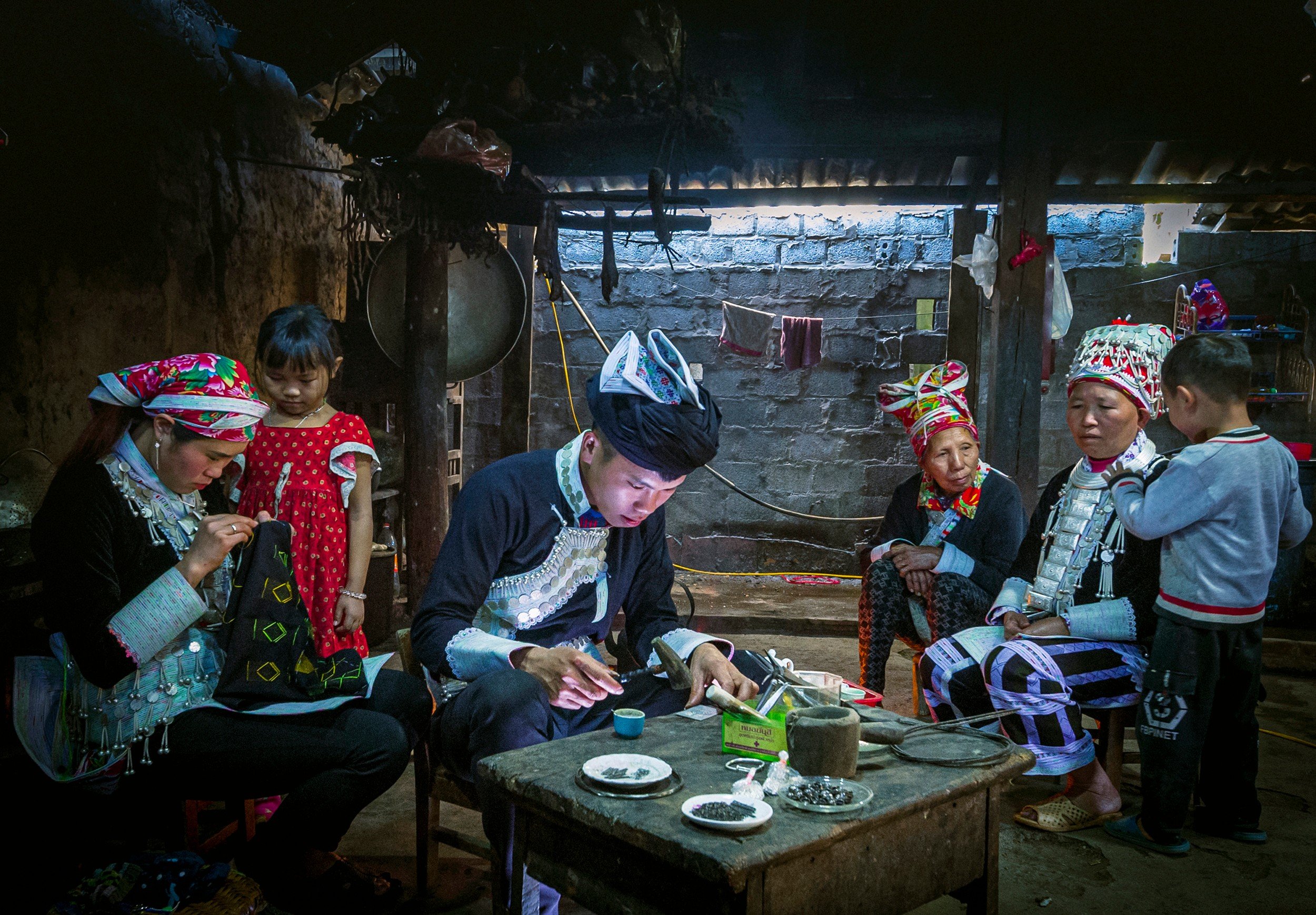































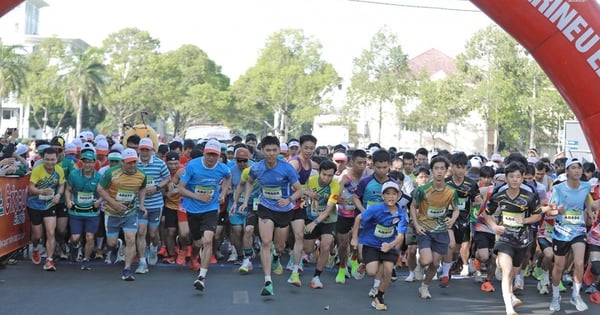




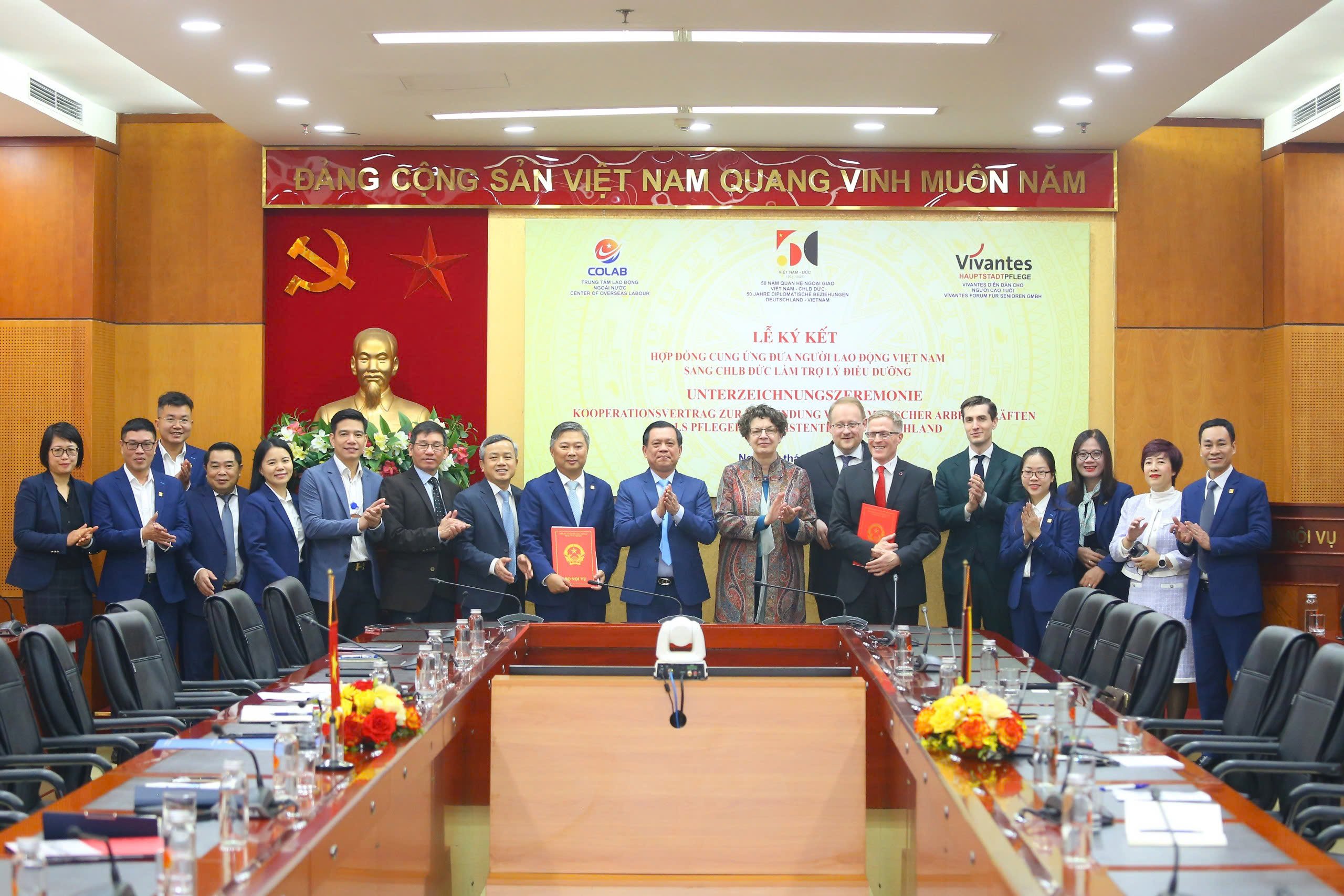











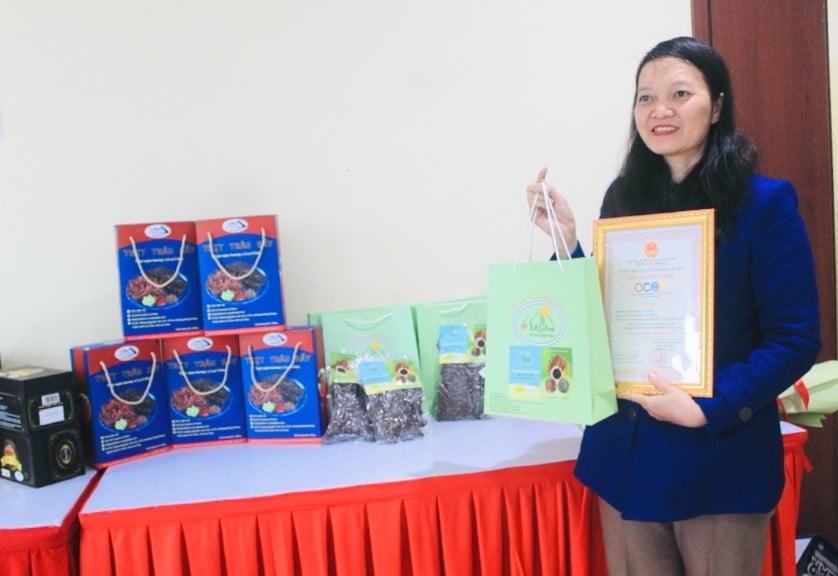

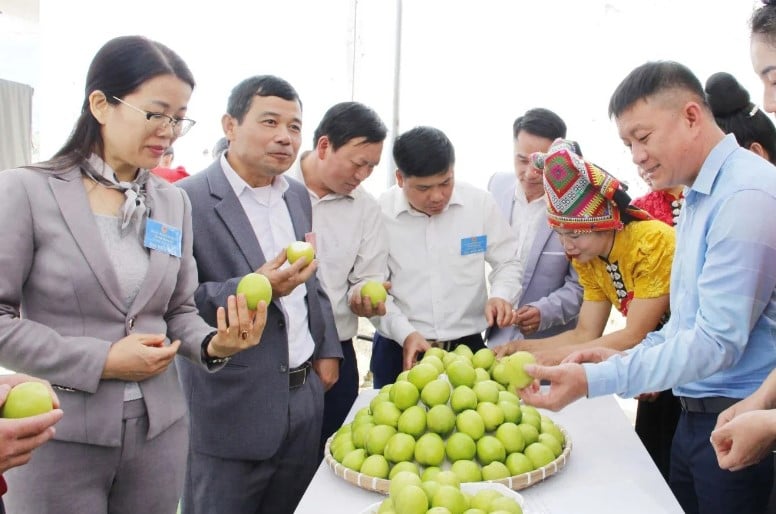
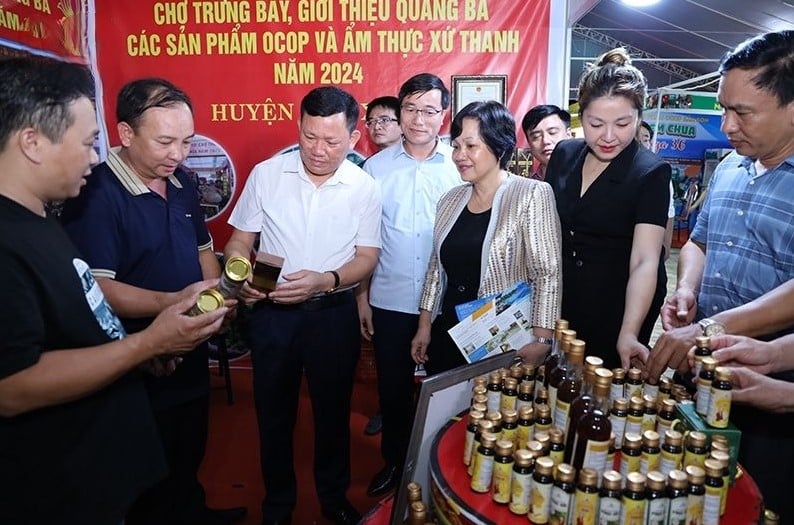

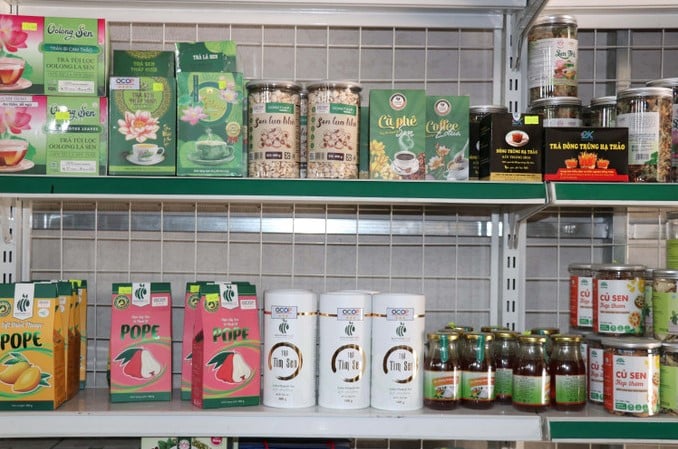
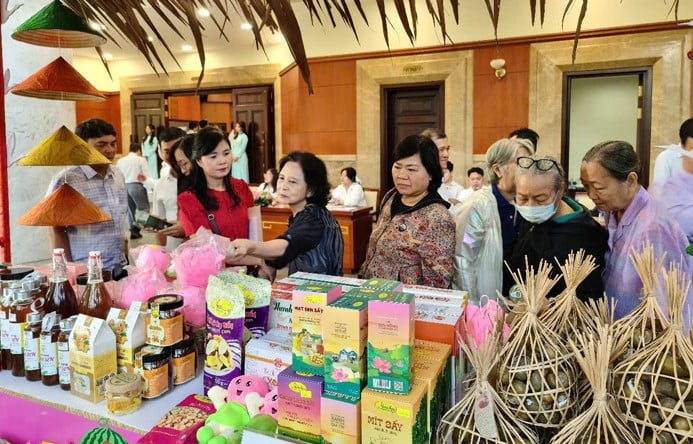

Comment (0)